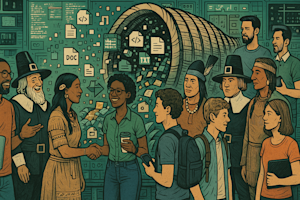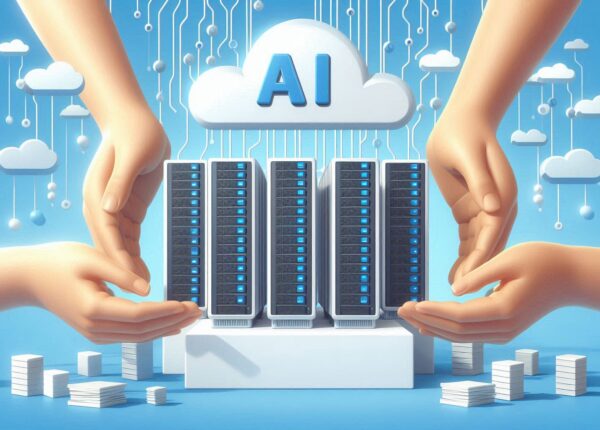AI trust in 2025: workslop, dating AI, and a fragile global economy
In a world where AI promises to speed work, sort dating messages and steer big decisions, trust is proving harder to earn than a clever algorithm suggests. New data shows trust in AI is fragile across settings from the workplace to dating apps to market forecasts.
In the workplace, studies highlight a gap between what AI can do and how it should be used. A survey of 48,000 people by KPMG found that only 8.5 percent said they always trust AI search results. Separately, a Gartner report found that more than half of consumers do not trust AI searches and report frequent mistakes. The Guardian piece by Gene Marks describes how employers can end up with what you might call workslop when staff are not trained to supervise AI outputs. The upshot: AI works best when paired with human judgment and solid governance, not when it becomes a substitute for expertise.
Meanwhile, a second strand of AI news sits in the realm of dating and human connection. A long read on chat-driven romance chronicles how people encounter bot-driven charm on dating apps. One story follows Rachel, a 36-year-old business owner who found herself drawn into a conversation that looked genuine but masked a broader mismatch between words and authentic intent. The piece describes how a match on a popular app became a study in what the authors call chatfishing, with questions about attachment styles and real emotions that felt both intimate and engineered. It is a reminder that AI-style niceties can masquerade as connection, and that deep, messy human bonds still require nuance that machines struggle to reproduce.
Looking up from the phone to the economy, the IMF chief has warned that uncertainty is the new normal. In a matter of days, policy signals shifted from caution to tariff threats as Trump signaled 100 percent tariffs on Chinese goods in response to Beijing’s restrictions on rare-earth exports. Markets responded with a nosedive as investors weighed the risk of an AI bubble and the broader macro risks. These episodes show that AI is not isolated from global shifts; it is entangled with finance, policy and geopolitics, and it must be governed with care.
Taken together, the stories stress a single point: AI tools can accelerate outcomes, but trust requires training, transparency and a human-in-the-loop approach. When used wisely, AI can support better decisions in work, dating and economics; when misused, it can erode confidence and deepen risk. The key is to build systems that people can understand, monitor and hold accountable.
Sources
- AI tools churn out ‘workslop’ for many US employees lowering trust — Gene Marks
- The IMF boss is right to say ‘buckle up’ – the global economy is facing multiple menaces — Heather Stewart
- ‘I realised I’d been ChatGPT-ed into bed’: how ‘Chatfishing’ made finding love on dating apps even weirder — Alexandra Jones
Related posts
-
AI in 2025: A Year of Diverse Ecosystems, Open Weights, and Local Innovation
This Thanksgiving, the AI world feels different: a landscape where open weights, local chips, and hybrid cloud bundles...
28 November 202522LikesBy Amir Najafi -
AI’s Climate Footprint and the New Hardware Era: From Datacenters to Disaggregated Inference
AI's climate footprint has become a focal point as the world questions the energy intensity of the datacenters...
3 January 202610LikesBy Amir Najafi -
Open Source, Cloud-Native AI: The Next Chapter Shaped by KubeCon, Oracle Lakehouse, and AI Policy
AI is no longer a set of isolated models tucked away in labs. It is becoming a movement...
8 November 202524LikesBy Amir Najafi


